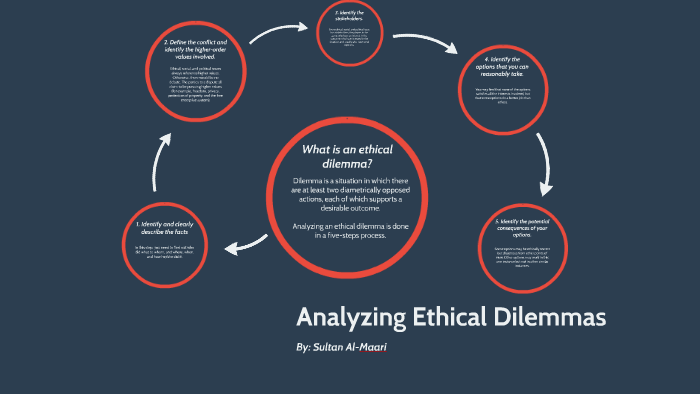List Of Contents
Biotechnology, encompassing the manipulation of living organisms or their components to produce useful products or processes, has revolutionized industries from healthcare to agriculture. However, its rapid advancement brings forth complex ethical challenges. This 1000-word article delves into the ethical implications of biotechnology, examining the dilemmas and responsibilities that arise in this innovative field.
Introduction
Biotechnology holds the promise of groundbreaking treatments, enhanced food production, and solutions to environmental crises. Yet, its potential to alter life at a fundamental level presents significant ethical questions. The manipulation of genetic material, the creation of genetically modified organisms (GMOs), and the potential for biotechnological weapons demand a careful ethical examination.
The Promise and Perils of Biotechnological Innovations
Medical Advancements
Biotechnology has been instrumental in developing new medical treatments, including personalized medicine, gene therapy, and regenerative medicine. These innovations offer hope for curing previously untreatable diseases and improving the quality of life for patients worldwide.
Agricultural Transformations
In agriculture, biotechnology has led to the creation of GMOs, which promise higher crop yields, pest resistance, and improved nutritional content. This could be crucial in addressing global food security challenges.
Environmental Solutions
Biotechnology offers innovative solutions to environmental problems, such as bioremediation, the use of biofuels, and the development of eco-friendly materials. These applications have the potential to mitigate the effects of pollution and climate change.
Ethical Considerations in Biotechnology
Manipulation of Life Forms
One of the central ethical concerns in biotechnology is the manipulation of life at a genetic level. This includes concerns over playing ‘God,’ altering the natural course of evolution, and the implications of creating or modifying life forms.
Genetically Modified Organisms
The use of GMOs in agriculture raises questions about long-term environmental impacts, potential health risks, and biodiversity loss. The debate extends to the ethical considerations of patenting life forms and the monopolization of genetic resources.
Human Genetic Engineering
Advances in genetic engineering, including CRISPR-Cas9 technology, bring the prospect of altering human DNA. This raises ethical questions about designer babies, genetic inequality, and the potential for unintended consequences in the human genome.
Bioethics and Animal Welfare
Biotechnology often involves experiments on animals, raising concerns about animal welfare and rights. Ethical considerations must balance the potential benefits of biotechnological research against the moral obligation to treat animals humanely.
The Dual-Use Dilemma
Bioweapons and Biosecurity
Biotechnology’s dual-use nature, where research intended for beneficial purposes can also be used harmfully, presents a significant ethical and security dilemma. The potential for the development of bioweapons necessitates strict regulations and ethical oversight.
Ethical Use of Biotechnological Research
Ensuring that biotechnological research is conducted ethically and responsibly is crucial, especially when dealing with potent and potentially dangerous technologies.
Regulatory and Ethical Frameworks
Need for Robust Regulations
Effective regulatory frameworks are essential to govern the development and application of biotechnological innovations. These regulations should ensure safety, ethical compliance, and accountability.
Informed Consent and Privacy
In medical biotechnology, issues of informed consent and genetic privacy are paramount. Patients and participants must be fully informed about the risks and benefits of biotechnological treatments and procedures.
International Collaboration and Standards
Given the global implications of biotechnology, international collaboration and the establishment of universal ethical standards are crucial. This includes addressing disparities in access to biotechnological advancements.
Societal and Cultural Implications
Public Perception and Understanding
Public perception of biotechnology is influenced by understanding and awareness. Misconceptions and fears can be addressed through transparent communication, public engagement, and education.
Ethical and Cultural Diversity
Different cultural and ethical perspectives must be considered in the global discourse on biotechnology. This includes respecting diverse views on the value of life, nature, and the role of technology in society.
Future Perspectives
Balancing Progress and Ethical Responsibility
As biotechnology continues to advance, balancing scientific progress with ethical responsibility will be increasingly important. This includes proactive consideration of the long-term implications of biotechnological innovations.
Preparing for Future Ethical Challenges
The future of biotechnology will likely present new ethical challenges, such as synthetic biology and the possibility of creating entirely new life forms. Preparing for these challenges requires ongoing ethical discourse, research, and policy development.
Conclusion
The ethical implications of biotechnology are as vast and complex as the field itself. While biotechnology holds immense potential for improving human health, environmental sustainability, and global food security, it also poses significant ethical challenges. Navigating these challenges requires a multidisciplinary approach involving scientists, ethicists, policymakers, and the public. By fostering a culture of ethical deliberation and responsible innovation, we can harness the benefits of biotechnology while minimizing its risks, ensuring that it serves the greater danatoto good of society.

